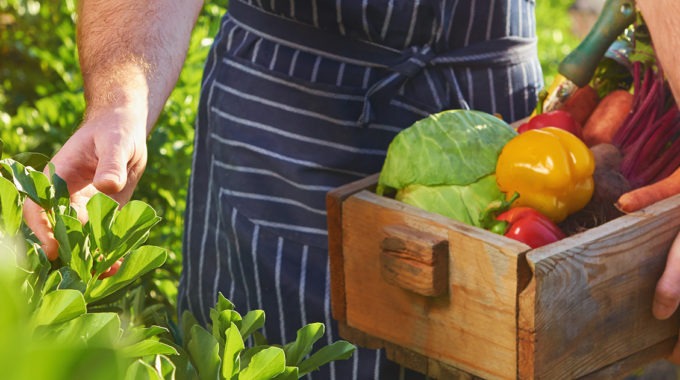Alex Prichard: making produce the star
Knowing where his food comes from and who grows it is an essential part of the everyday process for chef Alex Prichard. He’s making it his mission to encourage eating locally, seasonally and sustainably, and to promote the farmers he works with. He does this by ensuring the produce he selects has a starring role in his dishes, by educating young chefs and by getting the message to consumers that you don’t need to be a hatted chef to create incredible food at home – you just need your local farmers’ market.
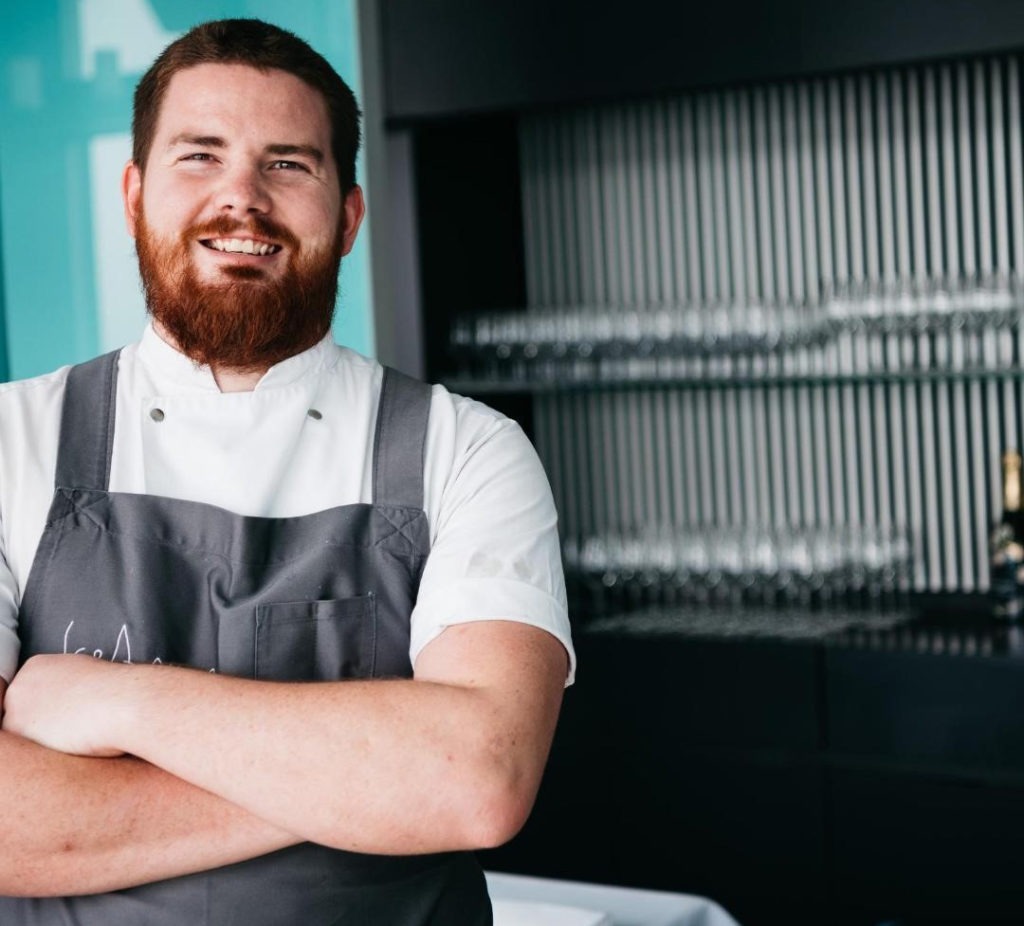
Head Chef at Bondi Icebergs’ Dining Room and Bar, Prichard has been working in kitchens since he was 14. Starting as a kitchen hand at Lochiel House in NSW’s Blue Mountains, he then apprenticed at Hugos and Momofuku before working at other prestigious venues. As his experience grew, so too did his appreciation of the ingredients he was using.
“I feel when chefs get too technical, it’s almost to hide something,” he says. “If you take a carrot and you need to do 100 things for it to taste like carrot, it’s probably not a very good carrot. I believed time was better spent outside the kitchen, sourcing incredible produce.
“The produce should be the star; you don’t need to spend hours making intricate things.”
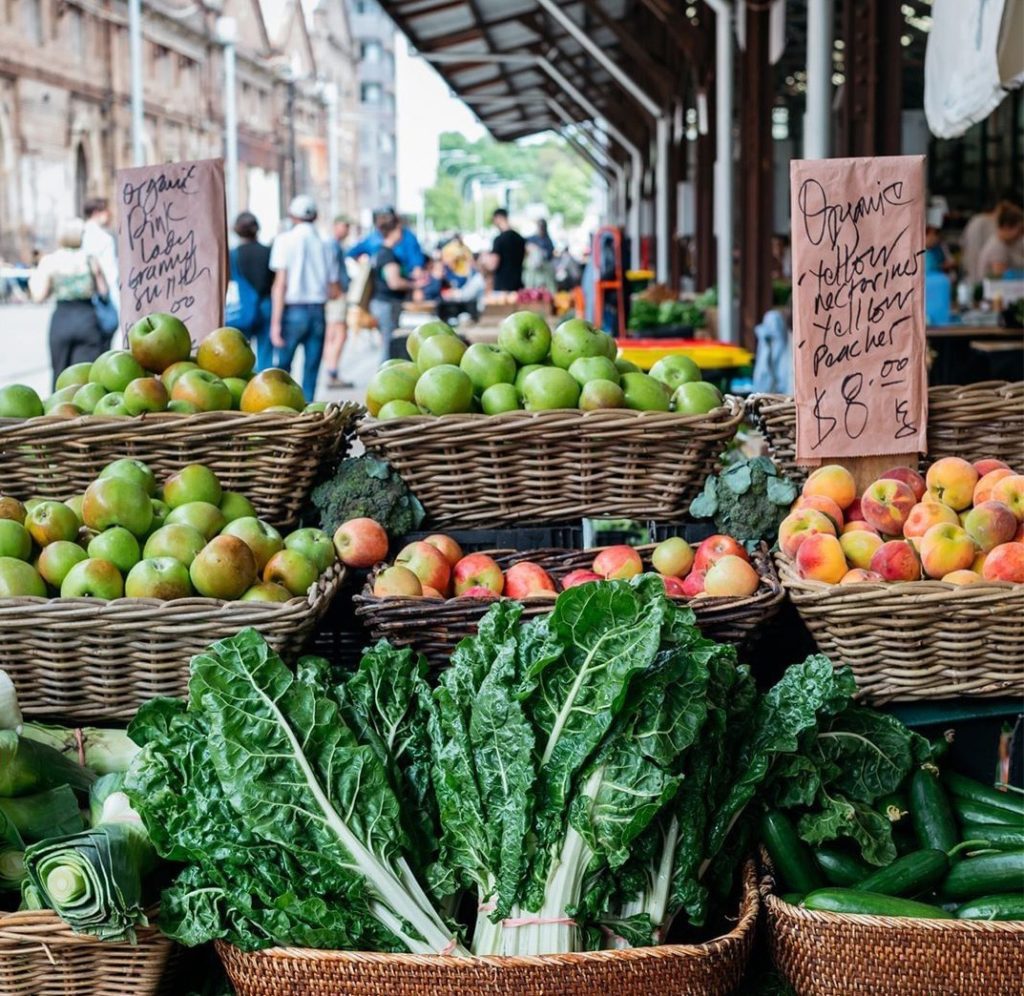
Straight from the source
Prichard began to seek out local producers and develop working relationships with them, as well as with the people who could deliver their produce to his restaurant.
“When I first started at Icebergs, it was under Executive Chef Monty Koludrovic,” he says. “He used to go to Carriageworks Farmers’ Market every Saturday, so I started going with him and began to build relationships with these small growers.”
Prichard has also become good friends with Luke Kohler, owner of wholesaler Sydney Direct Fresh Produce, which supplies many of NSW’s best restaurants. Kohler really goes the extra mile, working closely with small farmers to ensure they can get their produce to chefs.
“For most small farmers, their issue is logistics – getting their produce to the city,” Prichard explains. “Luke provides the logistics to them for free, and they invoice us directly, so I know that 100 percent of the money I spend is going directly to these growers.”
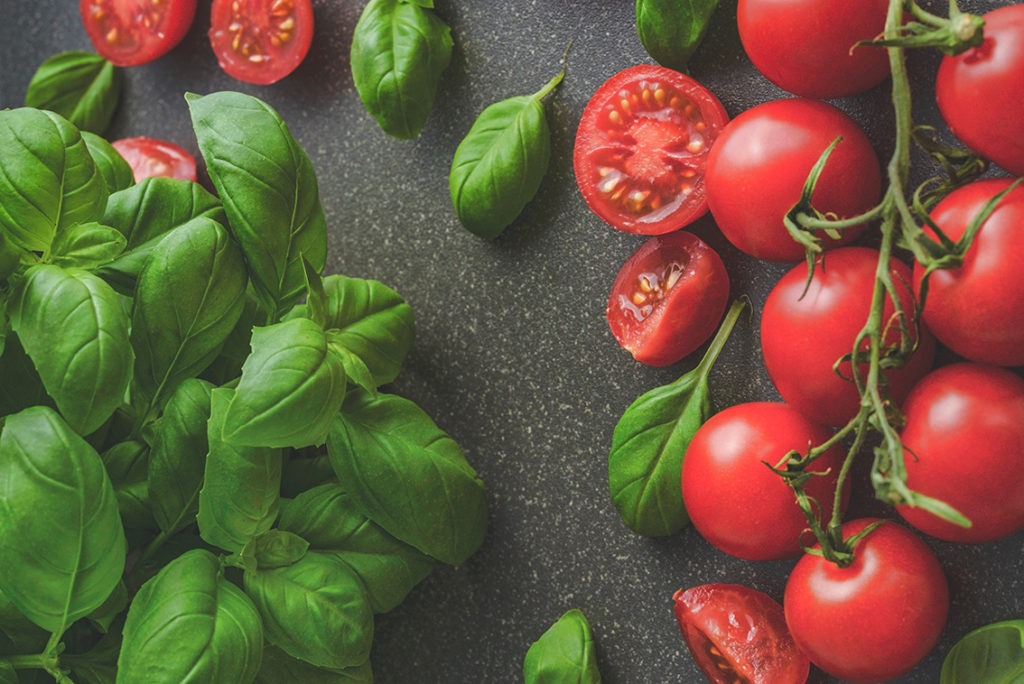
Getting the message out there
Prichard is keen to spread the word about the benefits of using the freshest local, seasonal produce, as well as making the most of each part of every piece of food.
“Everything has a purpose,” he says. “When I’m training young chefs, I teach them the value of produce – how long it takes to grow something and how much effort goes into producing it. I teach this to the next generation so they understand how growing a vegetable from a seed to it ending up in the restaurant takes months, so to then waste it is negligent.”
Prichard also hopes that by making the produce the hero of his dishes, diners will begin to better appreciate the value in buying local and seasonal food for their own home cooking.
“If you’re cooking for guests, you don’t want to be in the kitchen for hours,” he says. “It’s much easier to go to your local farmers’ market and source some really incredible produce.
“All you’ll have to do is slice some tomatoes that your friends have never seen before, put them on a plate with salt and olive oil, and it’s automatically the best tomato they’ve ever eaten. You haven’t spent hours cooking; all you spent is an hour at the farmers’ market.”
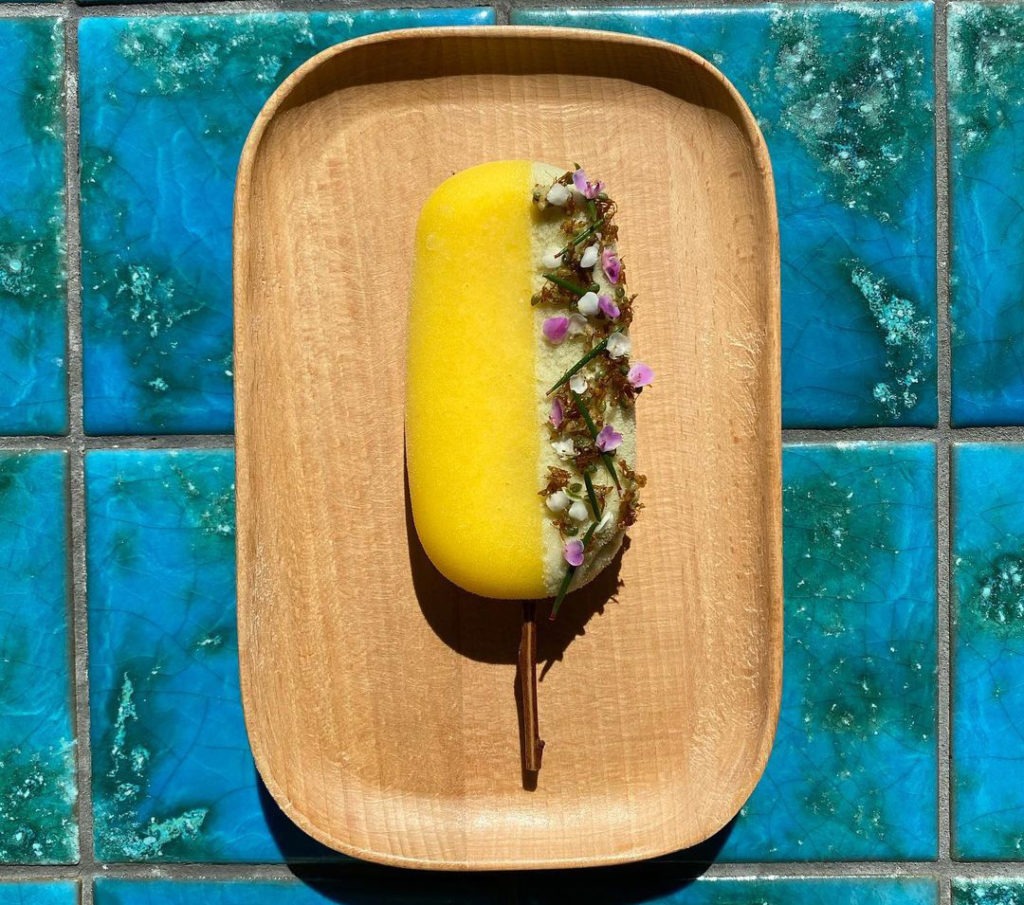
Native flavours
Another cause close to Prichard’s heart is Indigenous food, which features prominently at Icebergs. During lockdown, Prichard did some research, and was dismayed to discover that the majority of native ingredients sold don’t benefit the Indigenous community.
“To me, this was shocking; I thought I worked hard to only source from Indigenous companies,” he admits. “So we audited every business that we bought Indigenous ingredients from, and if they weren’t Indigenous-owned, we stopped buying from them.”
A particular standout on the Icebergs menu is a mango sorbet, buffalo milk and native cinnamon myrtle gelato that comes with native Geraldton wax leaf and green ants.
“One of my favourite native ingredients is green ants,” Prichard says. “They have an incredible citrusy pop to them. You know when you eat finger lime, that burst of citrus flavour? It’s the same with green ants.”
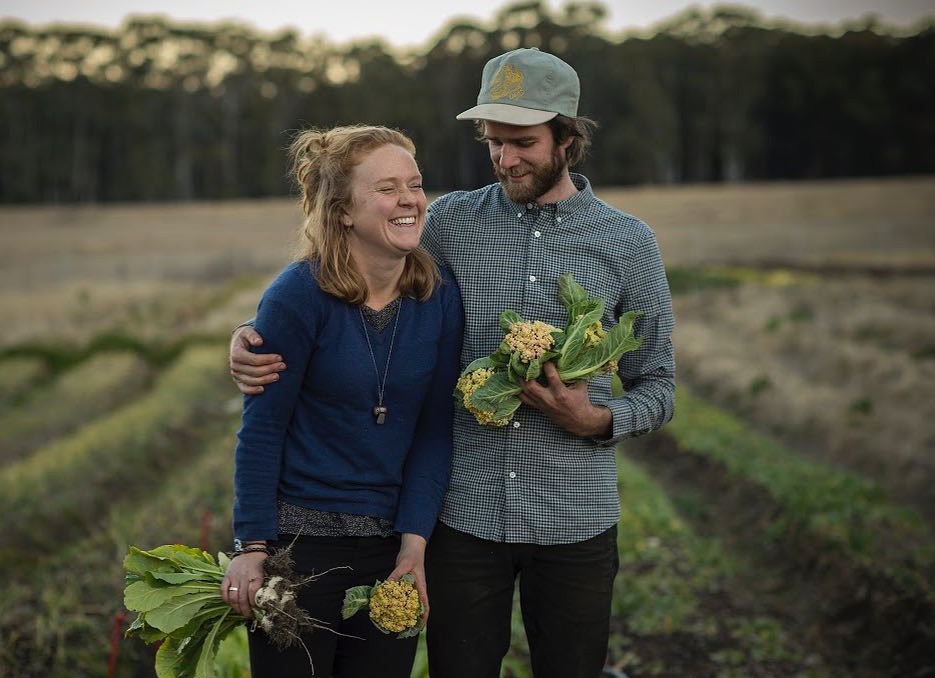
The real stars of the show
Since Prichard is dedicated to shining the spotlight on small producers, it seems only fair that we take some time to introduce you to a few of the many he rates so highly.
Erika Watson and Hayden Druce from Epicurean Harvest in the Blue Mountains grow what Prichard says is “unparalleled” produce. The young farmers grow organic vegies that you’d be unlikely to find at your standard vegie retailer, such as garlic flowers, Barletta and Purplette onions, Chinese artichokes and tomatillos.
Elle Brown and Dylan Abdoo of Newcastle Greens grow high-quality microgreens, baby leaves, heirloom vegetables and edible flowers. Prichard first approached them after they won a delicious. produce award several years ago. Being small producers, at the time they were having trouble getting their produce to Sydney.
“They couldn’t make it work,” Prichard says. “Then Luke stepped in and helped them out. Since then, they’ve grown exponentially and supply all the best restaurants in the state.”
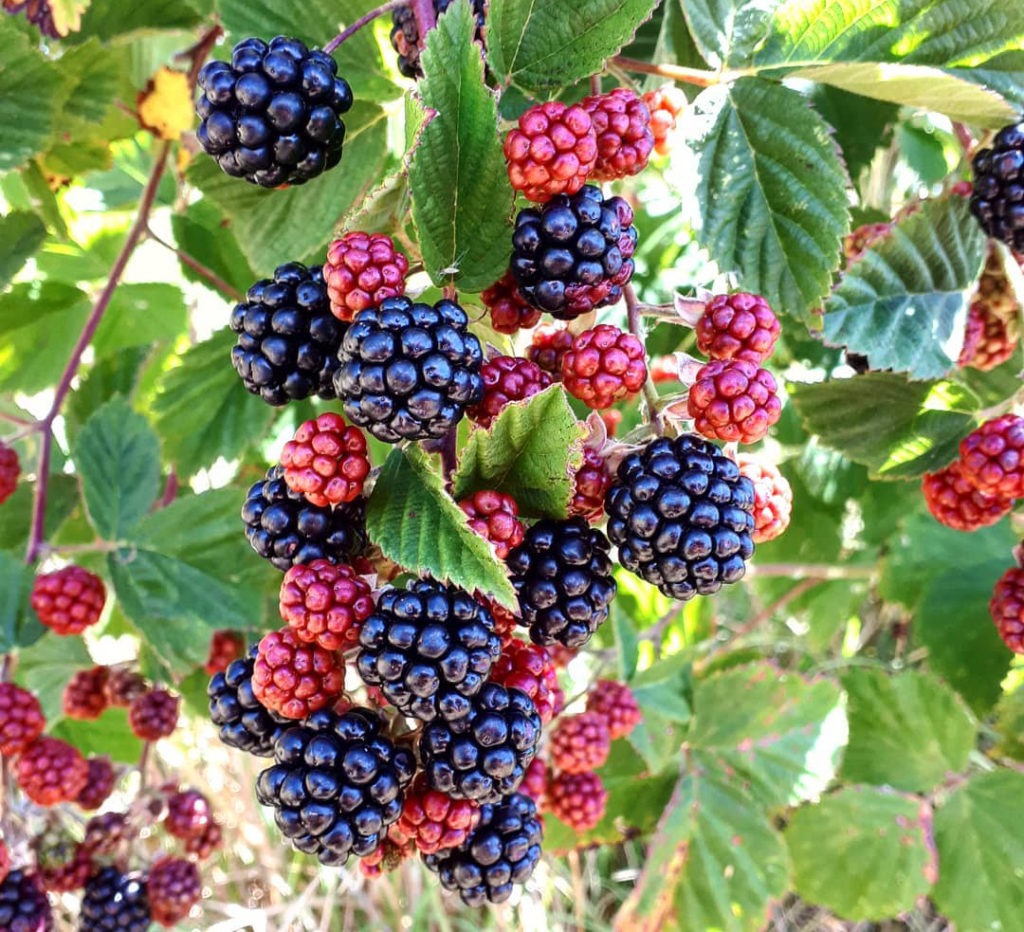
Berries on demand
Julie Anderson from award-winning Parkesbourne Produce grows cool climate alpine strawberries, raspberries, and plums, which Prichard cannot be more enthusiastic about.
“She’s a solo farmer,” he says. “If she drives her produce to Sydney, she loses a full day. That’s only one day a week she can deliver berries that have a shelf life of two to three days. I told her how much I wanted to use her produce, and Luke stepped up and did the same thing. He now sends a driver and they’re with me the next day.”
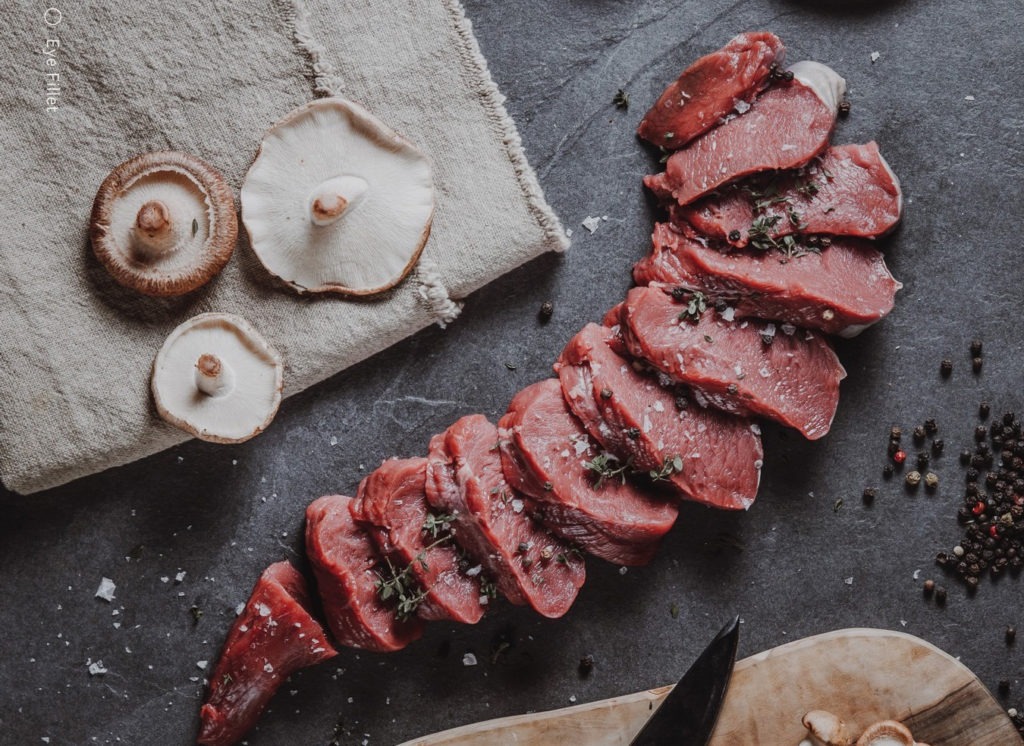
Sustainable, singular and spectacular
It’s not just about fruit and veg. Game Farm, a family-owned business, supplies Prichard and many other chefs with more unusual poultry, such as spatchcock, quail and squab (young pigeon), using small-scale boutique farming methods at several farms in NSW. Icebergs also sources beef from CopperTree Farms, which produces meat from retired dairy cows, a much underutilised and underrated meat which actually tastes incredible.
Prichard has also recently started a relationship with a company called Discovered Wildfoods. The business has a team of hunters that wild shoot venison (which are pests) around NSW and Victoria and then supplies it to restaurants – essentially creating a whole new source of high-protein, low-fat sustainable meat.
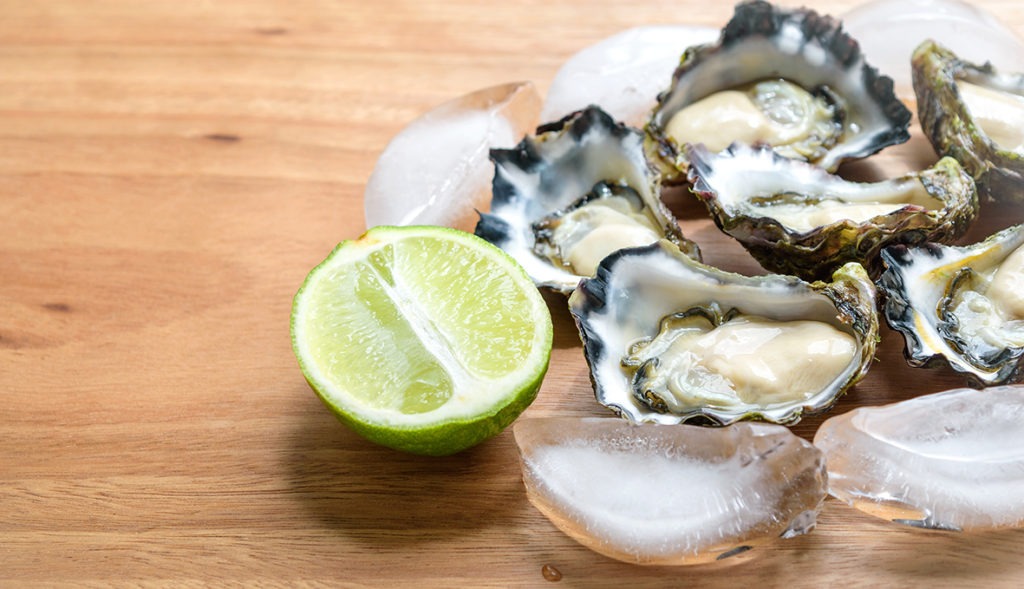
It’s easy to buy local
As for seafood, Icebergs works closely with the Marine Conservation Society. When Prichard writes a menu, all seafood is ticked off as certified sustainable. The restaurant also sources from “reef guardian” Chris Bolton. He’s one of only two fishers allowed to fish the Great Barrier Reef, both of whom work to ensure its environmental sustainability.
Prichard would also like to see NSW consumers show more love to Sydney rock oysters.
“People usually get oysters from Coles, Woolworths or an average fishmonger,” he says. “A lot of them are Pacific oysters from South Australia and Tassie, which are great in their own right. But the best oyster to eat here is the Sydney rock oyster because they’re local.
“I think now, more than ever, it’s easy to get good quality local food. There’s no reason to buy imported or poor-quality food. It’s easy to buy local and get better produce. It’ll save you time and effort in the kitchen, and you’ll be supporting small growers.”
Want more from Alex Prichard? Check out these recipes he created for Olivebox.


